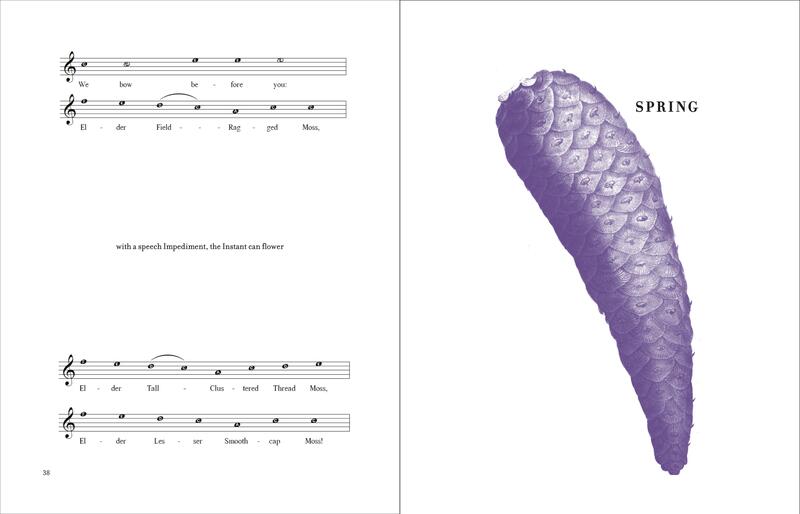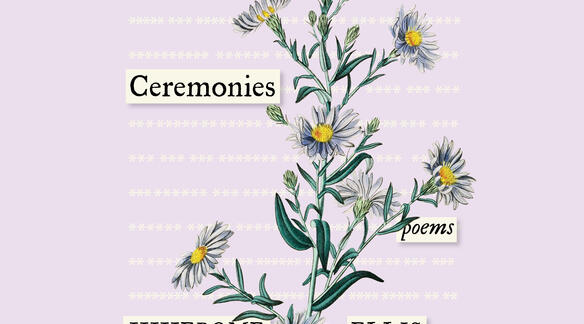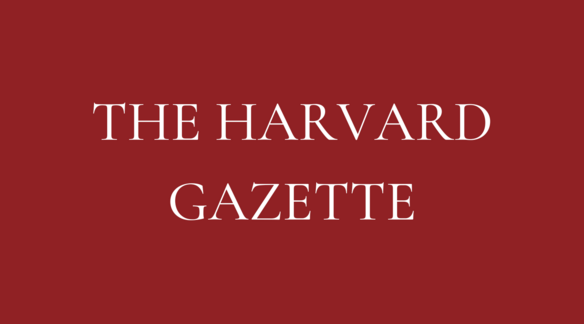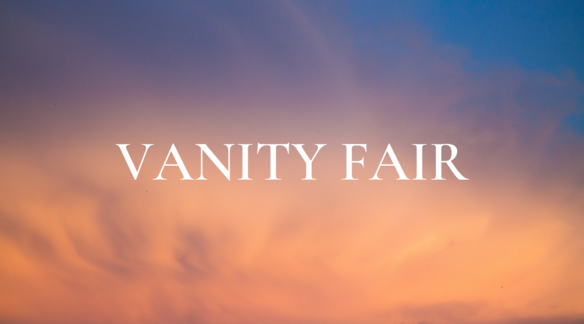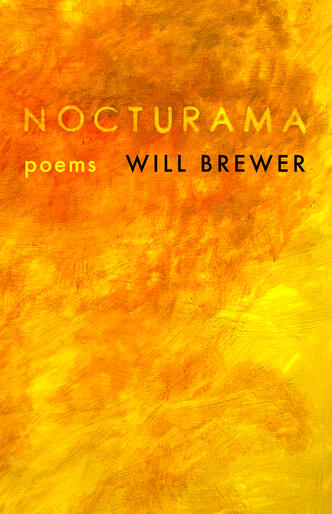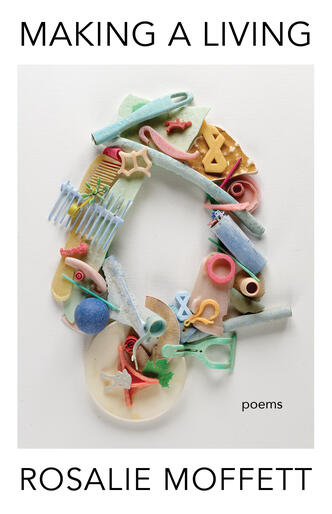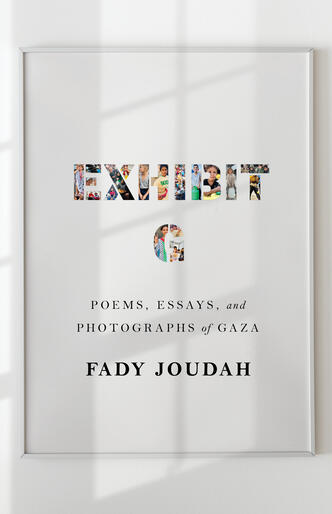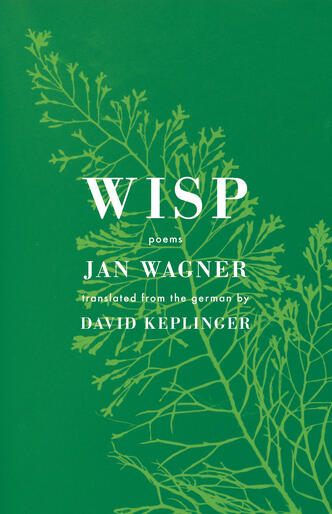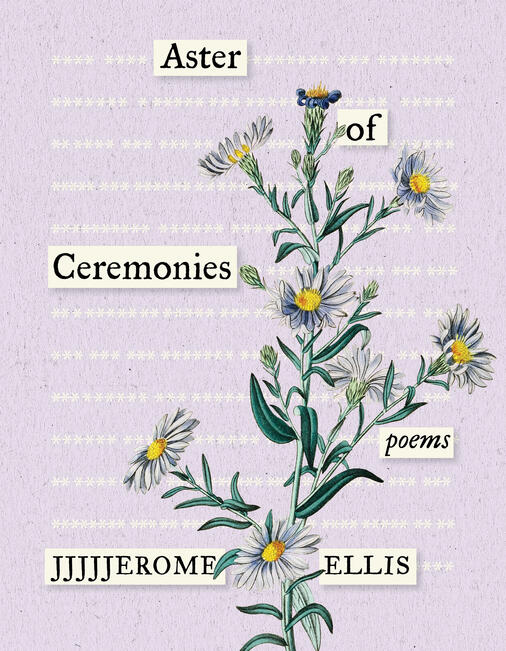
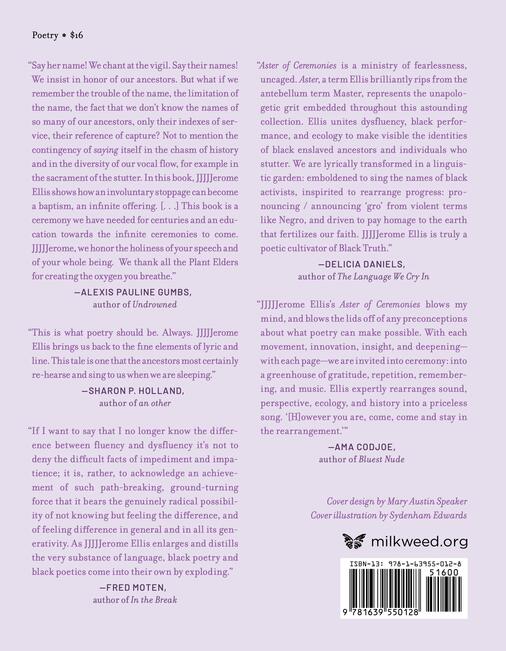
Aster of Ceremonies
Winner of the Balcones Prize
Longlisted for the Julie Suk Award
A polyphonic new entry in Multiverse—a literary series written and curated by the neurodivergent—JJJJJerome Ellis’s Aster of Ceremonies beautifully extends the vision of his debut book and album, The Clearing, a “lyrical celebration of and inquiry into the intersections of blackness, music, and disabled speech” (Claudia Rankine).
Aster of Ceremonies asks what rites we need now and how poetry, astir in the asters, can help them along. What is the relationship between fleeing and feeling? How can the voices of those who came before—and the stutters that leaven those voices—carry into our present moment, mingling with our own? When Ellis writes, “Bring me the stolen will / Bring me the stolen well,” his voice is a conduit, his “me” is many. Through the grateful invocations of ancestors—Hannah, Mariah, Kit, Jan, and others—and their songs, he rewrites history, creating a world that blooms backward, reimagining what it means for Black and disabled people to have taken, and to continue to take, their freedom.
By weaving a chorus of voices past and present, Ellis counters the attack of “all masters of all vessels” and replaces it with a family of flowers. He models how—as with his brilliant transduction of escaped slave advertisements—we might proclaim lost ownership over literature and history. “Bring me to the well,” he chants, implores, channels. “Bring me to me.” In this bringing, in this singing, he proclaims our collective belonging to shared worlds where we can gather and heal.
The Aster of Ceremonies audiobook read and performed by JJJJJerome Ellis is available everywhere you listen to audiobooks. Listen to samples here.
LOOK INSIDE THE BOOK:
